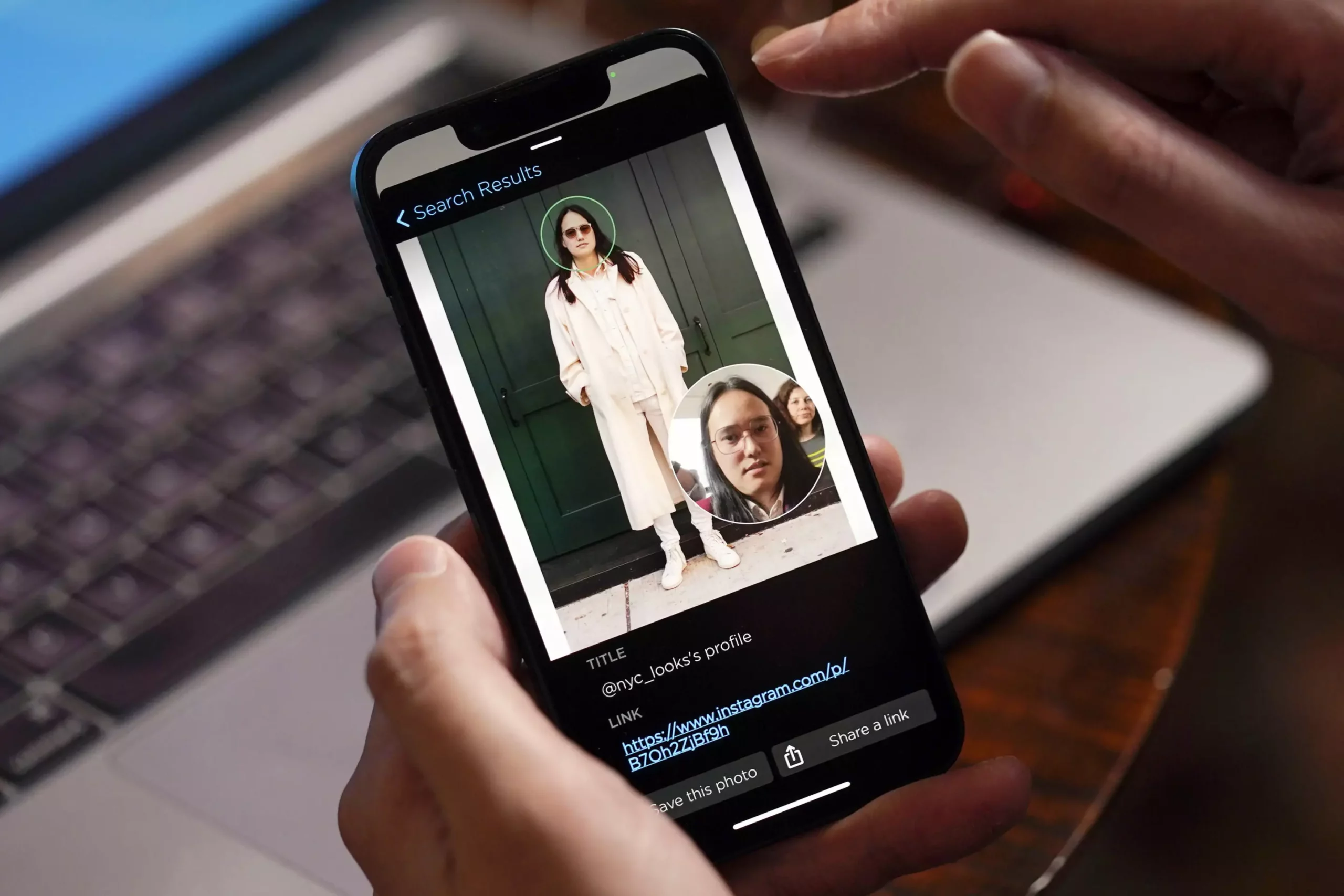Clearview AI, a facial recognition startup, recently reached a settlement in an Illinois lawsuit regarding its collection of faces and potential violation of privacy rights. The deal, estimated to be worth more than $50 million, is unique in that it does not provide a traditional payout to the plaintiffs. Instead, they will receive a share of the company’s potential value. However, this settlement has sparked both praise and criticism from various stakeholders.
Judge Sharon Johnson Coleman of the Northern District of Illinois gave preliminary approval to the settlement, which consolidated multiple lawsuits from across the U.S. against Clearview AI. The company had been collecting photos from social media and other online sources to create a database that it then sold to various entities. In a separate case in 2022, Clearview agreed to stop selling access to its database to private businesses, but maintained its partnerships with federal agencies and law enforcement outside of Illinois, where digital privacy laws are stricter.
The settlement agreement does not require Clearview to admit any liability, which has drawn criticism from privacy advocates and individuals pursuing legal action against the company. Attorneys representing Clearview and the plaintiffs worked with retired federal judge Wayne Andersen to develop the settlement, which includes provisions for notifying potential plaintiffs across the country. The agreement is broad, encompassing anyone whose images or data were in Clearview’s database and who resided in the U.S. since July 1, 2017.
Attorneys involved in the case have described the settlement as a “creative solution” due to Clearview’s financial constraints. Lead plaintiffs’ attorney Jon Loevy emphasized that the agreement allows victims of privacy breaches to participate in any future company success, giving them some ownership over their biometric data. However, Sejal Zota, an attorney representing plaintiffs in a California suit against Clearview, criticized the settlement for legitimizing the company without addressing underlying issues.
Overall, the $50 million settlement between Clearview AI and plaintiffs in the Illinois lawsuit has sparked debate within legal and privacy advocacy communities. While some view it as a pragmatic solution given the company’s financial limitations, others see it as a missed opportunity to hold Clearview accountable for potential privacy violations. As technology continues to advance, cases like this highlight the ongoing struggle to balance innovation with ethical concerns surrounding data collection and surveillance.


Leave a Reply